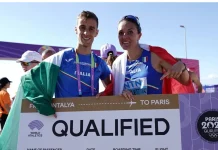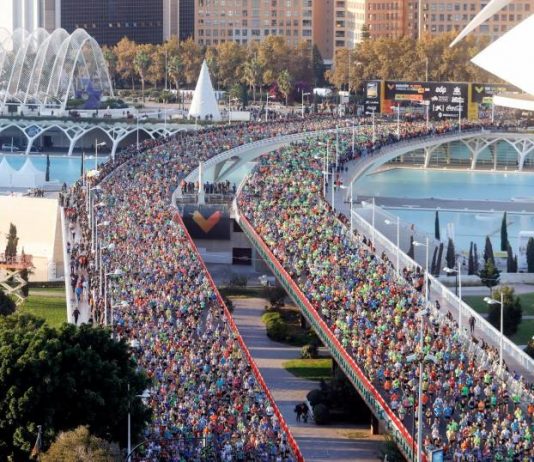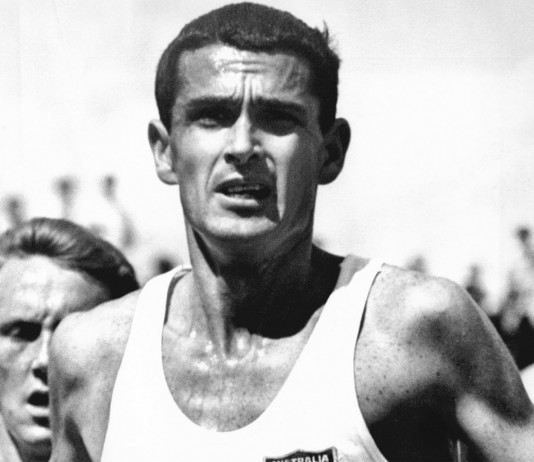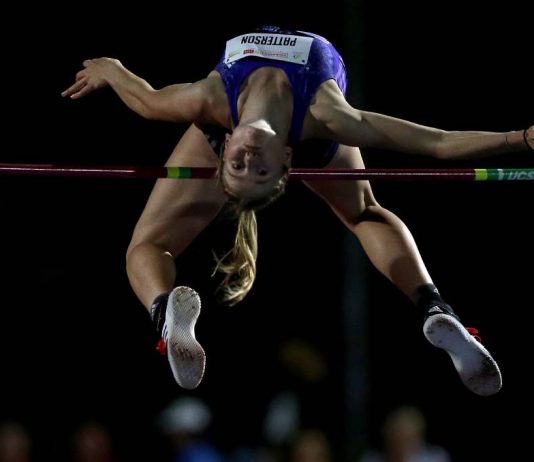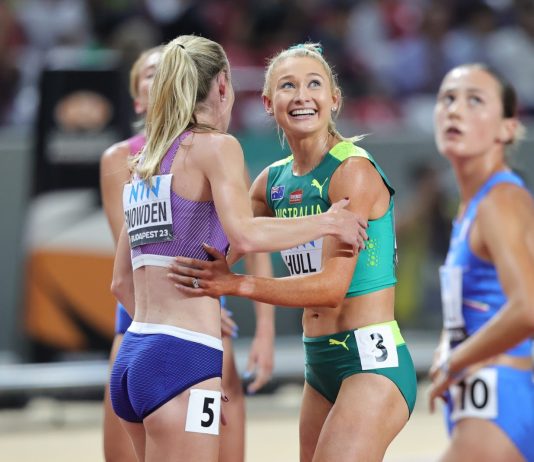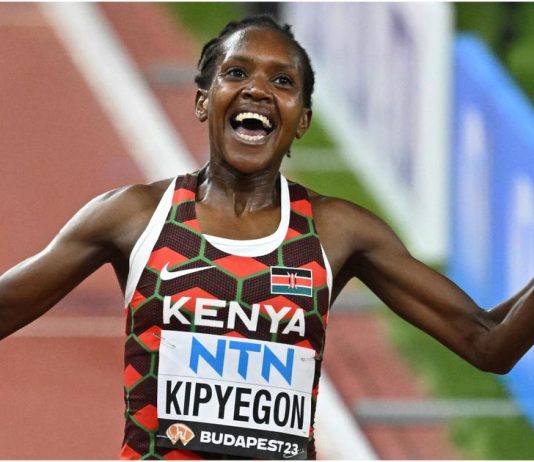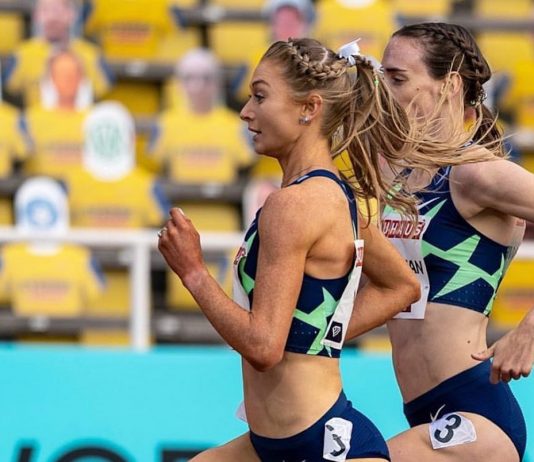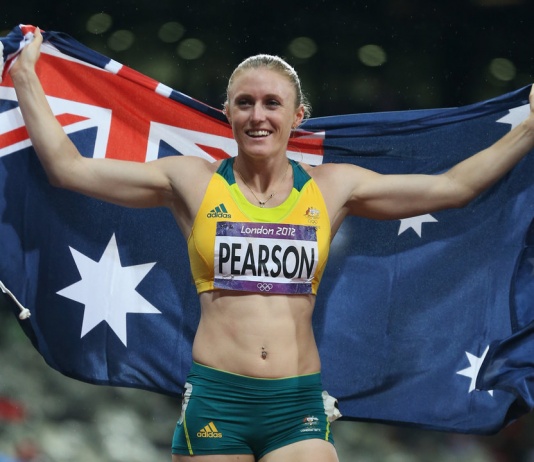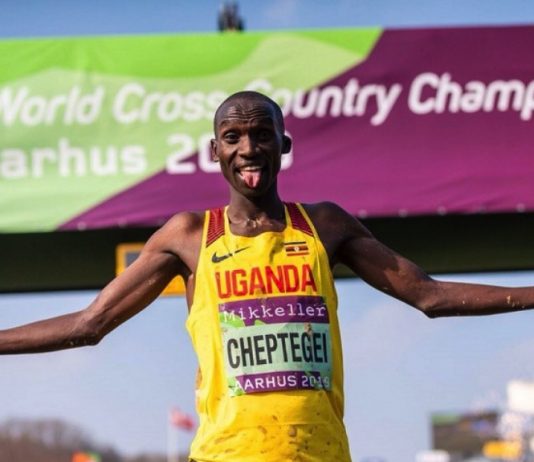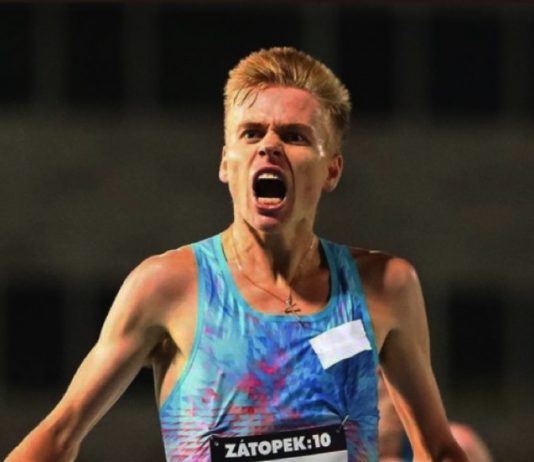Japan’s Fukuoka marathon used to be the best non-championship marathon of the year.You knew when it would be run: the first Sunday in December each year. You knew who would be running: the best six international runners organisers could get on a ‘start at the top and keep going until six men have said ‘yes’’ basis; the best six Japanese runners (few of whom ever said ‘no’ to Japan’s most prestigious race); anyone else around the world who had bettered the 2:27 qualifying time and was willing to pay their own way.The Olympics were the only global championships back then, so most years Fukuoka might bring together the European and Commonwealth champions, the winners of traditional races like Boston and the English AAA championship and others burning with ambition. Before there was a world championships, the Fukuoka marathon was the next-best thing.
The week just past brought the 58th anniversary of perhaps the greatest of Ron Clarke’s 17, 18 or 19 (depending how you count, but a lot whichever way you do) world records.
Sir Isaac Newton is reputed to have developed his theory of gravity after an apple fell from a tree under which he was sitting and landed on his head. Stunning insight, you might say.
But it is Newton’s three laws of motion which are of interest here, specifically the last.
For...
Well, there you are, history does repeat after all. After the drama of day three, the final playing out of day four was not quite as dramatic, even if it did follow a similar pattern.
There they all were – 10,000 metres champion and defending 5000 metres champion Gudaf Tsegay, the woman who runs every event, and medals in most, Sifan Hassan, Kenyan teammates Beatrice Chebet, this year’s world cross-country champion, and Margaret Kipkemboi – lined up to thwart Faith Kipyegon’s hopes of completing an unprecedented 1500 and 5000 metres double.
When Jessica Hull ran 8:36.03 to set a new Australian women’s record for 3000 metres last September, it was widely – and correctly – reported that she had broken Benita Willis’s previous mark set over 17 years earlier in 2003.
Willis, in turn, had run 8:38.06 to finally better the...
Diver and Robinson share a great day in Australian marathoning | A column by Len Johnson
Runnerstribe Admin -
Well, Sunday 4 December 2022, was quite the day in Australian marathon history, wasn’t it?
It’s not every day the Australian marathon record gets taken down. And it’s a very rare day indeed – unique, in fact – when both men’s and women’s records fall on the same day. Elevate...
Who Wins Again? A Column By Len Johnson
One of the games I like to play as a major championships looms is to ponder which champions might repeat their victories.
The game takes on a heightened significance in Olympic years. No gold shines brighter than Olympic gold, despite the introduction of...
“This is a game-changer.”
If I had a dollar for every time this phrase was used about the Aarhus 2019 world cross-country championships – well, you know how the cliché ends. The fact that I’m writing it means that I obviously don’t have a dollar for every time, etc, etc.
The...
A column by Len Johnson - Runner's Tribe
Only one event has had its Gold Coast 2018 trial and already selectors and athletes are in a quandary.
Actually, make that two quandaries if we count the news that Australia may be restricted to a quota of 73 athletes in the able-bodied...






